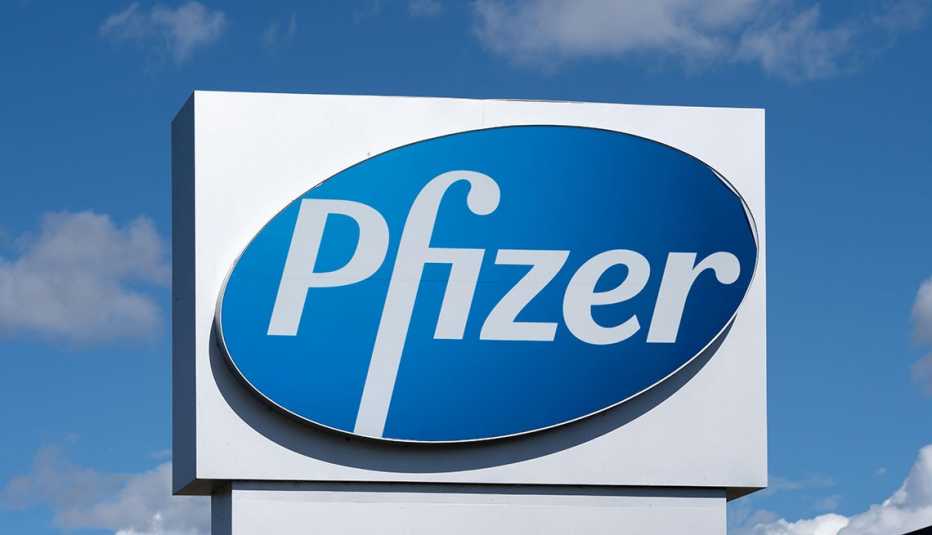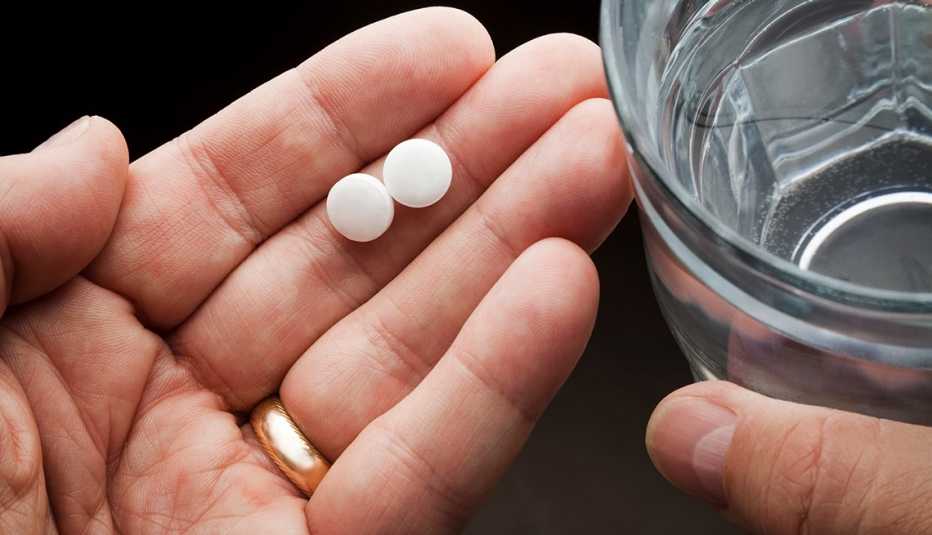Staying Fit
If you didn’t know better, you might think over-the-counter pain relievers are risk-free. After all, they’re available without any sort of permission or prescription from a health care provider. But it turns out, they come with plenty of risks — especially for people with high blood pressure.
The American Heart Association (AHA) has long recommended acetaminophen (Tylenol) as a safe alternative to nonsteroidal anti-inflammatory drugs (NSAIDs) such as ibuprofen (Advil, Motrin) and naproxen (Aleve). Research shows that NSAIDs can raise blood pressure; and if you already have high blood pressure, they can make it worse. They can also prevent a number of common blood pressure meds like ACE inhibitors and diuretics from doing their job.


AARP Membership— $12 for your first year when you sign up for Automatic Renewal
Get instant access to members-only products and hundreds of discounts, a free second membership, and a subscription to AARP the Magazine.
However, mounting research, most notably a study published in February in Circulation, suggests that acetaminophen isn’t without blood-pressure pitfalls if taken regularly. Researchers enlisted 110 people with high blood pressure and randomly gave the maximum recommended daily dose of acetaminophen (4 grams) to some of the participants and a placebo to the others every day for two weeks. Then they gave the placebo group daily acetaminophen and the acetaminophen group a placebo for two weeks. At the end of the study, the researchers found that taking acetaminophen on a regular basis increased the systolic blood pressure (the number on the top) by about 5 mmHg (millimeters of mercury — a measurement of pressure) in people with hypertension. What’s more, the effect was similar to that of NSAIDs, the authors note.
“The thing that struck me is that this happened over a short time period,” says Steven M. Smith, an epidemiologist focused on medications in the Department of Pharmacotherapy and Translational Research at the University of Florida College of Pharmacy, who was not involved in the study. “There are lots of us who use Tylenol for aches and pains on a not-infrequent basis, but [this study shows] it doesn’t take much to experience an increase in blood pressure. That sort of increase, especially if it’s sustained, puts us at risk for adverse consequences in terms of strokes, heart attacks and death.”



































































